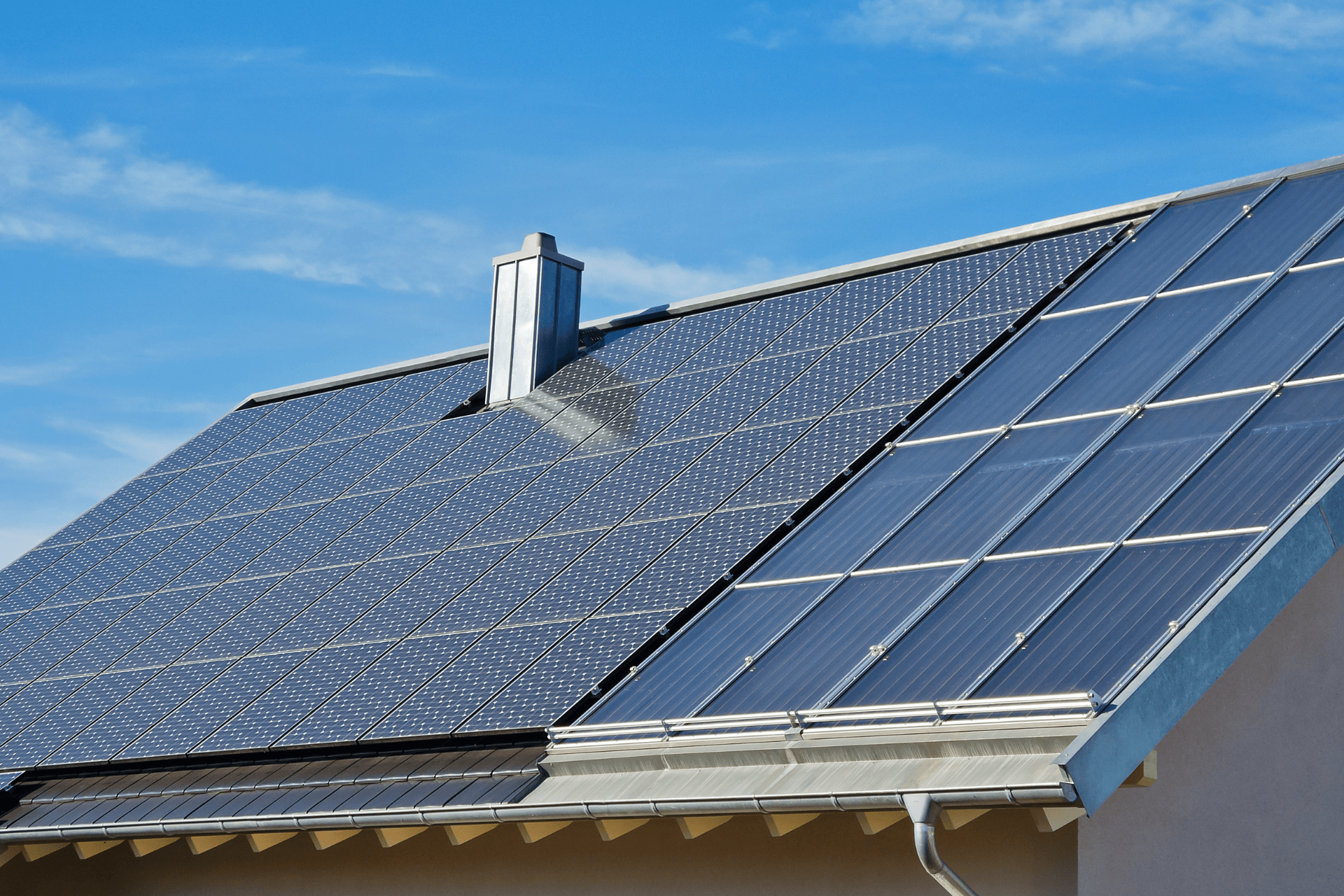Introduction:
In an era where environmental consciousness and energy independence are paramount, off-grid solar systems have emerged as a transformative solution. As the world shifts towards renewable energy sources, off-grid solar systems have gained immense popularity for their ability to provide clean, reliable, and self-sustaining power. In this comprehensive guide, we delve into the inner workings, benefits, and considerations of off-grid solar systems, shedding light on why they are shaping the future of energy consumption.
Understanding Off-Grid Solar Systems:
Off-grid solar systems, also known as standalone solar systems, are setups that generate electricity using solar panels while being entirely disconnected from the traditional power grid. These systems are particularly suited for remote locations, cabins, and even urban homes seeking autonomy from centralized energy providers. Unlike grid-tied systems, off-grid setups rely on battery storage to store excess energy generated during sunny periods, ensuring a consistent power supply when sunlight is unavailable.
Key Components:
- Solar Panels: The heart of any off-grid solar system, photovoltaic panels capture sunlight and convert it into direct current (DC) electricity.
- Charge Controller: This device regulates the voltage and current from the solar panels to prevent overcharging of batteries.
- Batteries: Energy storage is crucial for off-grid systems. Batteries store excess energy produced during the day for use during nighttime or cloudy periods.
- Inverter: Inverters convert DC electricity from the panels and batteries into alternating current (AC) electricity, which is compatible with most household appliances.
- Backup Generator: Some off-grid systems incorporate backup generators to provide power during extended periods of low sunlight.
Advantages of Off-Grid Solar Systems:
- Energy Independence: Off-grid systems empower users to break free from reliance on traditional utilities, providing energy security and autonomy.
- Environmental Sustainability: Harnessing the sun's energy reduces carbon footprint and dependence on fossil fuels, contributing to a greener planet.
- Cost Savings: Over time, off-grid systems can lead to substantial savings as homeowners eliminate or drastically reduce monthly utility bills.
- Remote Accessibility: Off-grid solar systems can be deployed in remote areas where grid connectivity is impractical or cost-prohibitive.
- Minimal Maintenance: Solar panels and batteries require minimal maintenance, making these systems ideal for locations with limited accessibility.
Considerations and Challenges:
- Initial Investment: While off-grid systems offer long-term savings, the upfront costs can be higher due to the need for batteries and specialized components.
- Sizing the System: Accurate sizing is crucial to ensure the system can meet the energy needs of the household. Factors like location, daily energy consumption, and weather patterns must be considered.
- Battery Lifespan: Batteries degrade over time and may need replacement, impacting the system's overall cost-effectiveness.
- Energy Management: Users must practice efficient energy consumption and be mindful of their usage to avoid running out of stored energy.
- Backup Plans: Despite battery storage, extended periods of low sunlight may require backup power sources, like generators, to maintain energy supply.
Conclusion:
Off-grid solar systems represent a remarkable evolution in the realm of renewable energy. With benefits spanning energy independence, environmental sustainability, and cost savings, these systems hold the key to a future where communities and homes are powered by the sun's abundant energy. As technology advances and awareness grows, off-grid solar systems are poised to play a pivotal role in shaping a cleaner, more resilient energy landscape for generations to come.
